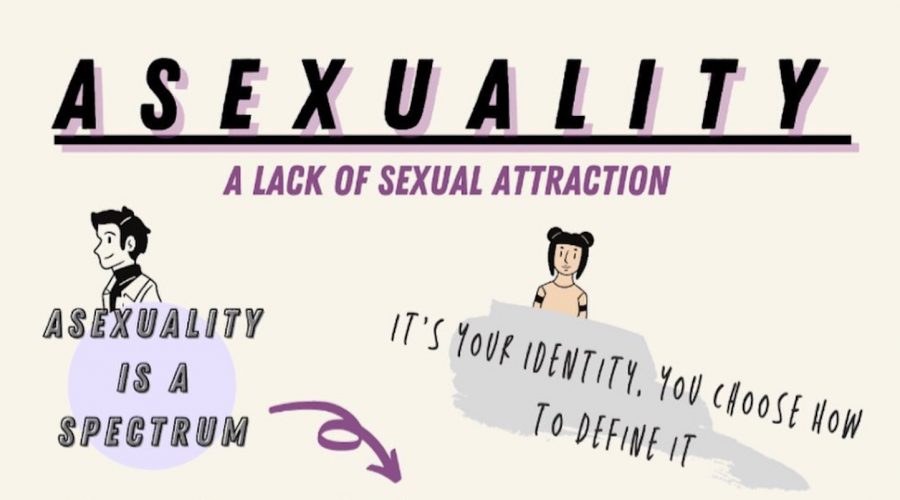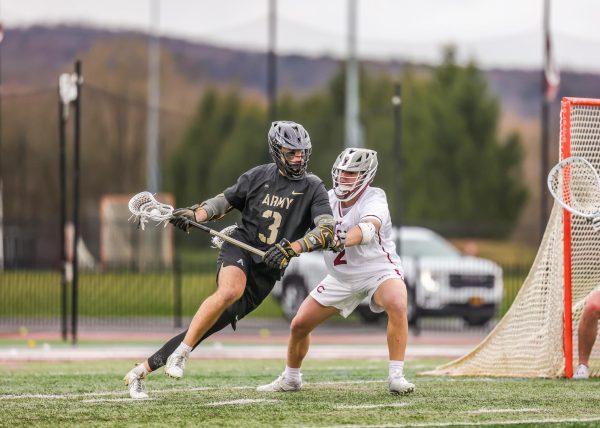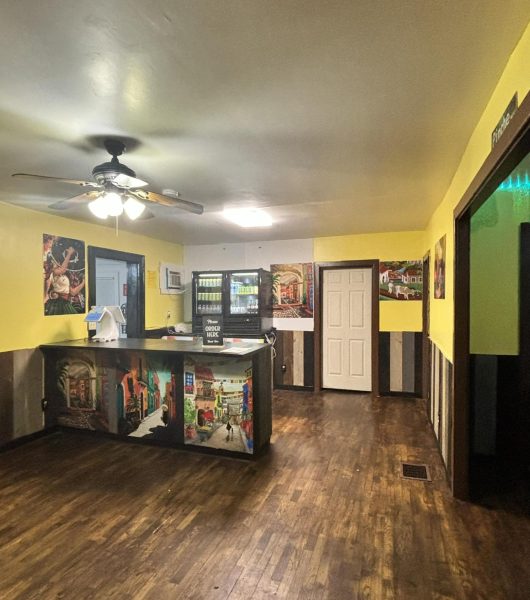Women’s Studies Intern Starts “Unpacking Asexuality” Blog
Colgate Center for Women’s Studies intern and first-year R Hunsicker began a new blog during the week of Feb. 7, titled “Unpacking Asexuality: Understanding Community and Relationships,” which focuses on educating people about and discussing the challenges faced by the asexual community. Hunsicker, who identifies as part of the asexual community, approached the Women’s Studies Program in the Fall 2020 semester regarding an event called Asexual Awareness Week, and began interning with the program. That internship led to her focus on asexuality and the starting of her blog.
According to Hunsicker, the topic of asexuality and the asexual community are not often discussed in places like upstate New York, even on liberal college campuses such as Colgate’s.
“I think knowing about the queer community is incredibly important on a college campus, when there are very heteronormative ideals, like hook-up culture,” Hunsicker said.
Hunsicker recalled seeing very little discussion about asexuality on campus after arriving at Colgate — even within the Women Studies Program and classes about the LGBTQ+ community — and expressed an interest in changing the status quo.
“I thought it was important to make the community aware of this so that they can not only validate the asexual community, but so they can also incorporate it into their understandings of relationships,” Hunsicker said.
Director of the Women’s Studies Program and professor Susan Thomson reiterated a similar thought.
“The main mission of the Women’s Studies Center is to increase community relations,” Thomson said. “If we can better understand each other as complex human beings through [R’s] work, I applaud it.”
When considering her intended audience, Hunsicker explained feeling that the blog was partly for Colgate students who did not personally identify with the asexual community, but who were hoping to learn more about it. Hunsicker felt the blog was also for “people who are questioning themselves and want to learn about [asexuality] and want to see if they really fit into that ideal.”
Hunsicker also expressed her desire to remove any stigmas or fear surrounding this part of the queer community.
“I also don’t want them to be overwhelmed by [asexuality],” Hunsicker said. “I want it to be something they are familiar with, that they can make connections into their own lives, not only to better the people around them when they are talking to new people, but to better themselves, too, and to be more confident in themselves when they’re talking about relationships.”
First-year and member of the Women’s Studies Program Ethan Freedman said he was excited to hear about the publishing of the blog.
“Finally, someone is shedding light on another identity oppressed by the expectations of hegemonic heterosexuality,” Freedman said. “It makes me proud to be a member of the Colgate community because of the support it shows for asexuals, as well as the education it supplies for everyone else.”
With Aromantic Spectrum Awareness Week taking place the week of Feb. 21, Hunsicker encourages students to do their own research about the broad spectrum on which both relationships and attraction can fall. The aromantic community is a part of the asexual community who do not feel romantically attracted to others.
“This is a week dedicated to supporting, sharing the experiences of, and learning about the aromantic community,” the blog reads.
Throughout the week, on-campus students will be able to find aromantic flags in both the O’Connor Campus Center and Frank Dining Hall. To show support for the aromantic community during this week, Hunsicker suggests students take pictures with these flags and sharing them on social media. Additionally, students can show their support by picking up aromantic pins which will be offered around campus, as well as wearing the color green on Feb. 27.
Hunsicker plans to use her blog to cover a wide array of topics surrounding the asexual community from relationships and the aromantic community, to the media’s tendency to invalidate the experiences of asexual individuals. Additionally, an asexual-based media discussion series will be starting up in March at Colgate in relation to the blog. Hunsicker believes that her blog is only the first step in beginning the conversation about asexuality here on campus.
“If people want to see change happen on this campus, they need to be able to talk about things that make them uncomfortable,” Hunsicker said. “I want my blog to provide them with correct evidence and information to start those conversations.”









